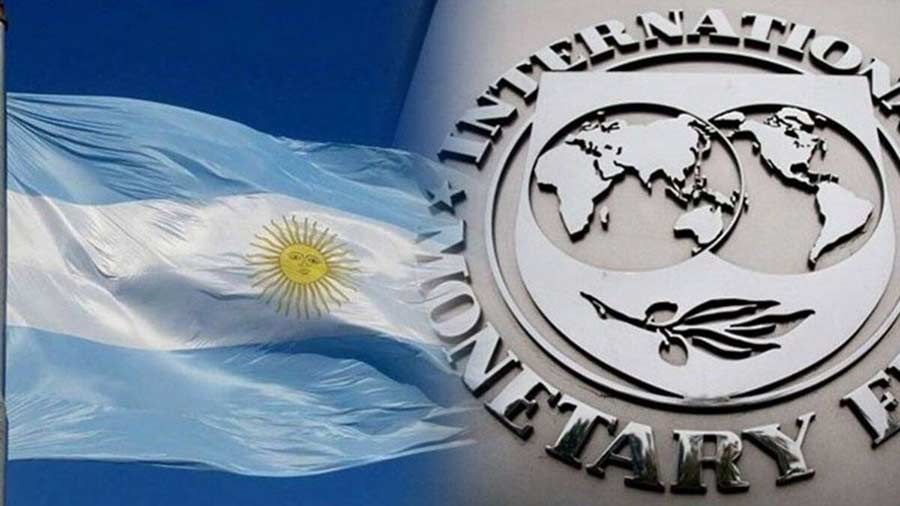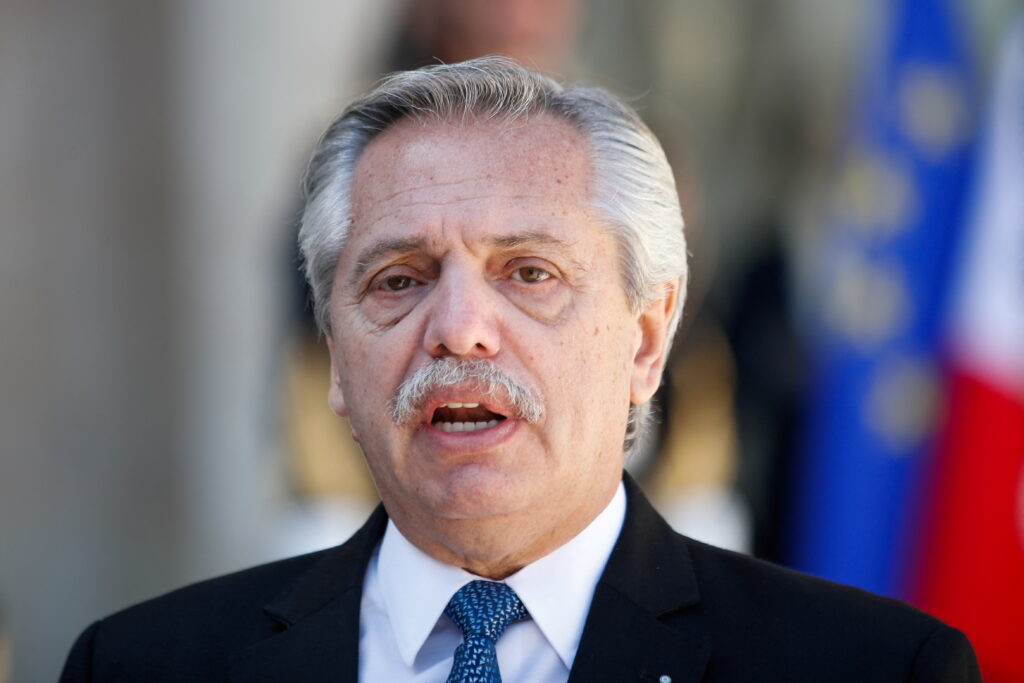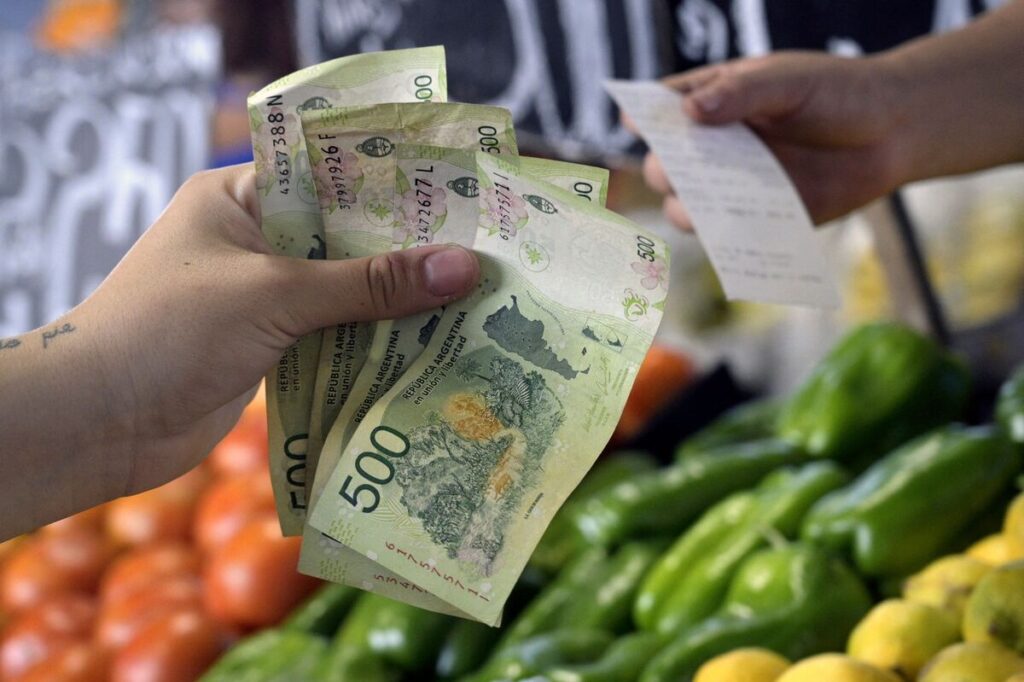

Argentina’s inflation rate has surpassed 100%, reaching a three-decade high since the end of hyperinflation in the early 1990s.
The country’s statistics agency, the National Institute of Statistics and Census (INDEC), reported that inflation hit 102.5% in February, causing the price of many consumer goods to more than double since 2022.
Argentina has been facing economic difficulties for years, and the majority of its population currently live in poverty.

Argentina has the second largest economy in South America, but its market has been notoriously unstable for much of the last century. In the 1980s, the country suffered a debt crisis that led to chronic hyperinflation throughout that decade. This economic instability has persisted in more recent times, with Argentina experiencing years of economic difficulty and high levels of inflation.
The surge in prices has largely been attributed to central bank money printing and Russia’s war in Ukraine.
Central bank data reveals that the amount of money in public circulation has quadrupled during the first three years of President Fernández’s administration.
The International Monetary Fund (IMF) has called on Argentina to make greater efforts to address inflation in order to maintain its $44bn program with the organization.

The IMF has also warned of potential policy setbacks in the country due to a severe drought that has damaged crops and harmed agricultural exports, which are a crucial source of government revenue.
Private analysts have reported that net foreign currency reserves stood at around $4.2bn in February.
Argentina is a major exporter of soybeans, along with the United States and Brazil, as well as other agricultural products such as corn, wheat, and other grains.
Pending approval by the lender’s executive board, the country is expected to receive about $5.3bn from the IMF this month.
Check Market News;Stock Market News;Sensex falls 344 pts, Exports dip 8.8 (investonomic.co.in)



